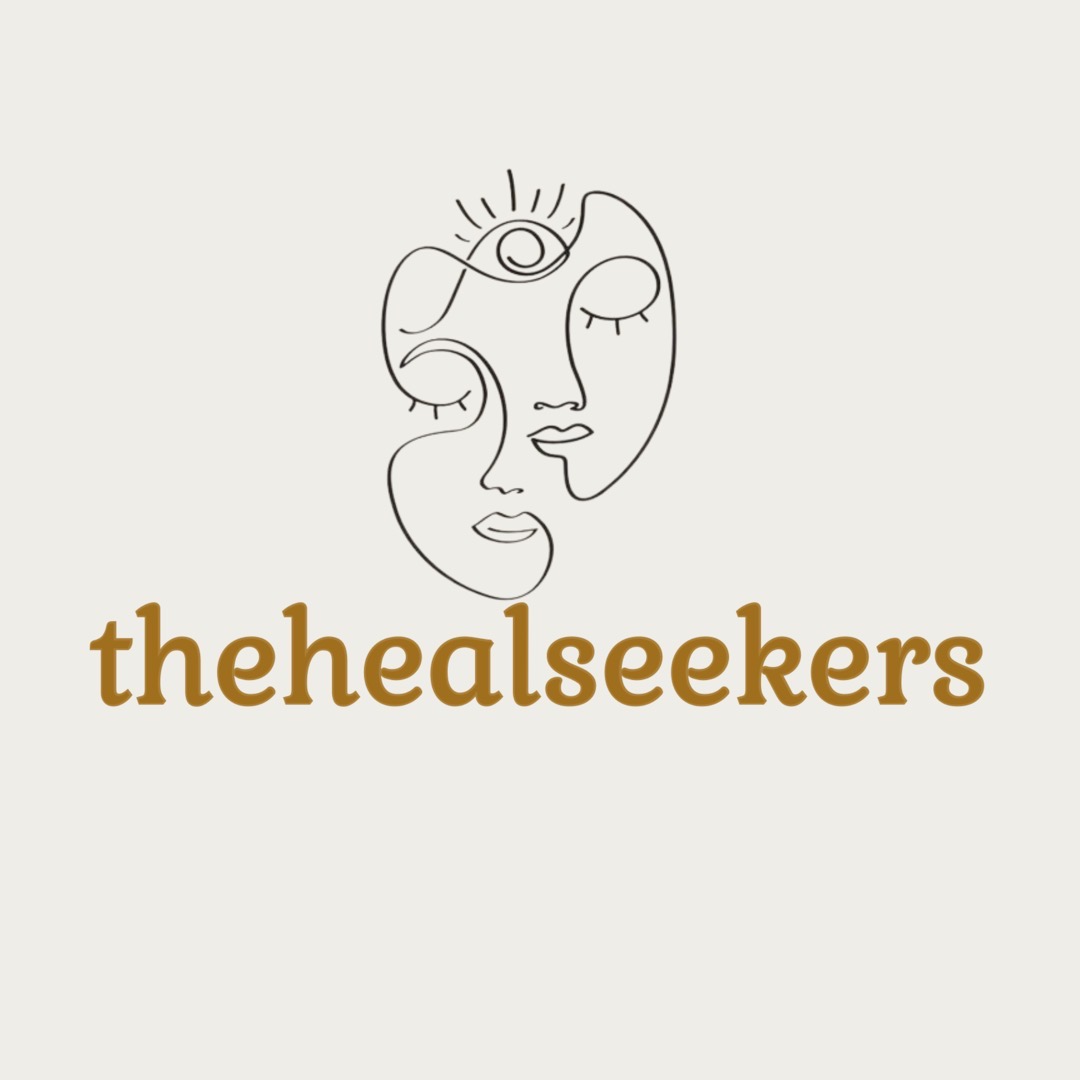If you asked me to identify a skill that, when practiced, can unequivocally enhance one’s life, the answer is unquestionably “empathy.”
This is because genuine empathy necessitates active listening, challenging prejudices and biases, and engaging in self-reflection.
These actions not only enhance interpersonal connections but also lead to a more fulfilling life.
Let’s face it.
We are inherently social animals, the ability to connect with others has been a fundamental aspect of our survival since the dawn of humanity.
Empathy, as described by empathy researcher and Stanford University psychologist Jamil Zaki, Ph.D., serves as the “psychological ‘superglue'” that fosters cooperation and kindness, forming the foundation for human connections.
This, therefore, makes empathy a must-learn skill that will bring more ease to your life and relationships!
In this blog, we will explore various facets of empathy to help you understand what it is and how to cultivate this essential life skill.
Let’s delve in.
What is Empathy?

According to psychologist Carl Rogers, empathy involves “seeing the world through the eyes of the other, not seeing your world reflected in their eyes.”
At its core, empathy is the awareness of others’ feelings and emotions. It is a key element in emotional intelligence and it’s the link between the self and others.
To truly embody empathy, you must transcend personal perspectives and comprehend another person’s emotions, motivations, and viewpoints.
Recent neuroscience research indicates that approximately 98% of people, excluding those with psychopathic tendencies, have an innate ability to empathize.
This capacity is attributed to specialized brain cells known as mirror neurons, that are responsible for empathy and compassion.
These neurons activate when an individual performs or observes a specific action, facilitating the understanding of others’ behavior.
This ability to understand creates an emotional contagion enabling us to connect with another person’s emotional experience.
Before we proceed, it is crucial to distinguish between the meanings of empathy and sympathy. Personally, like many others, I used to confuse these two terms.
Sympathy Vs. Empathy
When you feel sympathy for someone, you identify with their situation while maintaining emotional distance.
Feeling sympathetic does not necessarily connect you to the person; and so, for this reason, sympathy rarely compels you into action.
In contrast, empathy entails understanding and feeling another person’s emotions as if they were your own.
Perhaps the best distinction between sympathy and empathy I’ve ever come across was from Dr. Brene Brown, author of The Power of Vulnerability.
She says that sympathy is to see someone in a deep hole, but to remain on higher ground, talking to them from above.
While empathy involves climbing into the hole to sit beside them and communicating that incredible healing message of ‘You’re not alone.’
Now that we’ve clarified that, let’s return to the topic of empathy. Here are the various types of empathy.
Types of Empathy
Psychologist Daniel Goleman, author of Emotional Intelligence, categorizes empathy into three types:
1. Cognitive Empathy
This is simply knowing how the other person feels and what they might be thinking. Sometimes called perspective-taking”
Cognitive empathy in its simplest form is “getting it.”
It’s like watching a movie or reading a novel and you’re able to grasp the protagonist’s emotions. However, since you don’t know them on a personal or intimate level, you can only feel cognitive empathy for them.
It’s a very intellectual approach to empathy and can prove particularly helpful with people toward whom you feel resistant or if there’s something about them that repels you.
2. Emotional Empathy
This is when you feel physically along with the other person, as though their emotions were contagious.
It’s when a person’s emotions register to you viscerally.
For example, when you see someone else who is sad, it makes you feel sad.
3. Empathic Concern
With this kind of empathy, you not only understand a person’s predicament and feel with them, but you are also spontaneously moved to help if needed.
It is when you take feelings into action.
It goes beyond understanding and relating to other people’s situations, and pushes you to do something.
Now that you are acquainted with the different types of empathy, you might be wondering which type is most effective.
Well, it depends.
You must use your discernment to navigate and utilize these empathy types effectively, based on the context and the emotions involved.
Fostering empathy is essential because of the many benefits it provides -that extend across various aspects of life; let’s explore them.
The Importance of Empathy

Fosters Healthy Relationship:
Healthy relationships, whether romantic or platonic, thrive on empathy and understanding.
This is because no two people are ever going to think exactly alike, and no two people are going to have the same experiences.
Both people in a relationship bring their ideas, life experiences, and struggles. So, if you only think of your interests, the other people in your relationships suffer.
Have you noticed that when someone expresses empathy towards you, you feel understood, and accepted, and that your emotions are valued as well as validated?
I’m sure you have.
Well, when you invest time in attempting to understand the feelings and perspectives of the people in your life, they also feel loved and cared for.
Empathetic behavior has also been shown to enhance cooperation and forgiveness while reducing aggression and judgment.
These attributes are essential for fostering healthy relationships.
Enhances Work Performance:
Empathy is a vital part of a smooth working relationship. Without it, it’s much easier to fall into disputes and disagreements.
For things that require a group effort, it’s extremely important to take the time to relate to your co-workers.
In his book “Homo Deus,” Yuval Noah Harari posits that neither intelligence nor toolmaking in isolation can fully explain Homo sapiens’ dominance over the world.
He contends that the pivotal factor in our species’ global conquest lies in our unique capacity to establish extensive connections among individuals.
The ability to foster connections and coordinate collective efforts toward shared objectives emerges as the singular means by which we achieve substantial progress as a species.
As you may already be aware, empathy is the essential element for establishing connections with others.
If you are empathetic, you’ll also find it easier to accommodate different workstyles and achieve common goals with minimal conflict.
Builds a Better World:
In today’s increasingly polarized and divided society, where people often find themselves entrenched in their own perspectives, quick to judge, and slow to listen, empathy has become infinitely important.
Without it, the world would be a much darker and less functional place to live.
Empathy acts as a bridge, breaking down barriers and fostering understanding.
A key element in this is imagination. You have to imagine yourself in other people’s shoes before making any kind of judgments about them.
You have to put aside your impressions, drop your preconceived notions about them, and try to consider objectively how things would have turned out if you were in their place.
Empathy also plays a crucial role in addressing some of the world’s most pressing issues, such as climate change and social justice, and pushes people to dive in and help when there are major disasters.
By empathizing with the experiences of those disproportionately affected by these challenges, we can better understand the urgency of acting.
There by mobilizing communities and nations to work together to make the world a better place.
Former US President, Barack Obama once said:
“The biggest deficit that we have in our society and in the world right now is an empathy deficit. We are in great need of people being able to stand in somebody else’s shoes and see the world through their eyes.”
Heeding his counsel, let’s delve into the four empathy attributes identified by nursing scholar Dr. Teresa Wiseman, which can aid us in refining this skill.
Attributes of Empathy
1. Taking on someone else’s perspective.
When you share or take on the perspective of another person, you must also be able to recognize their perspective as truth.
2. Being non-judgmental.
When you judge another person’s situation, you discount their experience.
Therefore, to take on the perspective of another person, you must maintain an open mind -as it assists in challenging personal prejudices and discovering commonalities with others.
Otherwise, you’re apt to categorize individuals outside your immediate circle as “the other,” “the problem,” or “the enemy.”
3. Recognizing someone else’s emotions or understanding their feelings.
Recognizing and understanding someone else’s emotions requires you to put yourself aside so that you can focus on the other person.
Observe them. Watch and wonder and try to focus on their state of being rather than categorizing or labeling them.
4. Communicating your understanding of a person’s feelings.
It is important to not only express your understanding of someone’s emotions or feelings but to also validate them.
Validating someone’s feelings demonstrates that you accept, acknowledge, and understand them.
At this point, I would be remiss if I were to conclude this blog without addressing the darker aspects of empathy. Therefore, here they are.
The Dark Side of Empathy

Michael J. Poulin, Ph.D., an associate professor of psychology at the University at Buffalo, says that overidentifying with someone else’s emotions can be stressful, leading to a cardiovascular stress response similar to what you’d experience in the same painful or threatening situation.
Therefore, expressing empathy towards others can be draining if not done correctly.
Understanding the responsiveness of your mirror neuron system reminds you of the importance of protecting yourself from discomfort that is not your own.
The point of empathy is to try and get inside other people’s shoes but there’s a limit to it, you can’t become them, and neither should you
For example, if you are dealing with a toxic person, try to understand them but up to a certain point. Otherwise, their energy might suck you in and rub off on you.
So, maintaining healthy boundaries and balance is essential -because if you go too far into another person’s psyche, you risk losing yourself.
But if you avoid being authentically interested in other people’s experiences, you miss out on an integral part of the human experience.
Conclusion
While empathy is essential, it is not a skill that you can miraculously hone overnight.
You have to make a deliberate choice to invest time and effort, seizing every opportunity during interactions with others to practice it.
It’s also crucial to recognize that empathy necessitates a certain degree of vulnerability.
Dr. Brene Brown eloquently articulated this concept, stating that empathy is feeling with people and it’s a vulnerable choice.
This is because you have to connect with something within yourself that knows that feeling.
To genuinely connect with people through empathy, you must be willing to open up about your own personal feelings and experiences.
Because empathy is a reciprocal process that thrives on mutual understanding.
I will leave you with a quote from Harper Lee’s classic novel, To Kill A Mockingbird: “You never really understand a person until you consider things from his point of view -until you climb inside of his skin and walk around in it.”

- Hey there! Welcome to thehealseekers, a space dedicated to helping women explore metaphysics, psychology, and self-development as tools for clarity, purpose, and goal achievement. I hope you find inspiration here.
Latest Post
 Self-developmentMarch 2, 2026Sustainable Success Requires Alignment: Why Effort Alone Is Not Enough
Self-developmentMarch 2, 2026Sustainable Success Requires Alignment: Why Effort Alone Is Not Enough Self-developmentJanuary 30, 2026What to Do When Your Career Looks Right on Paper But Feels Wrong Inside
Self-developmentJanuary 30, 2026What to Do When Your Career Looks Right on Paper But Feels Wrong Inside Self-developmentJanuary 30, 2026You Have an Attention Problem, and It’s Costing You Your Goals
Self-developmentJanuary 30, 2026You Have an Attention Problem, and It’s Costing You Your Goals Self-developmentJanuary 24, 2026How to Turn Your ‘Impossible’ Desires Into Reality
Self-developmentJanuary 24, 2026How to Turn Your ‘Impossible’ Desires Into Reality

A very good read. Informative and triggered self-reflection. I particularly learnt much from the attributes of empathy and types of empathy. I now know where and how to fine-tune and show up better in my relationships.
Thank you and keep writing.
It is actually a nice and helpful piece oof information. I am glad that youu simply shared
this helpful info with us. Please keep us up to date like this.
Thanks for sharing. https://ukrain-forum.biz.ua/
Icouldn’t reseist commenting. Well written! https://ukrain-forum.biz.ua/
I couldn’t resist commenting. Well written! https://ukrain-forum.biz.ua/